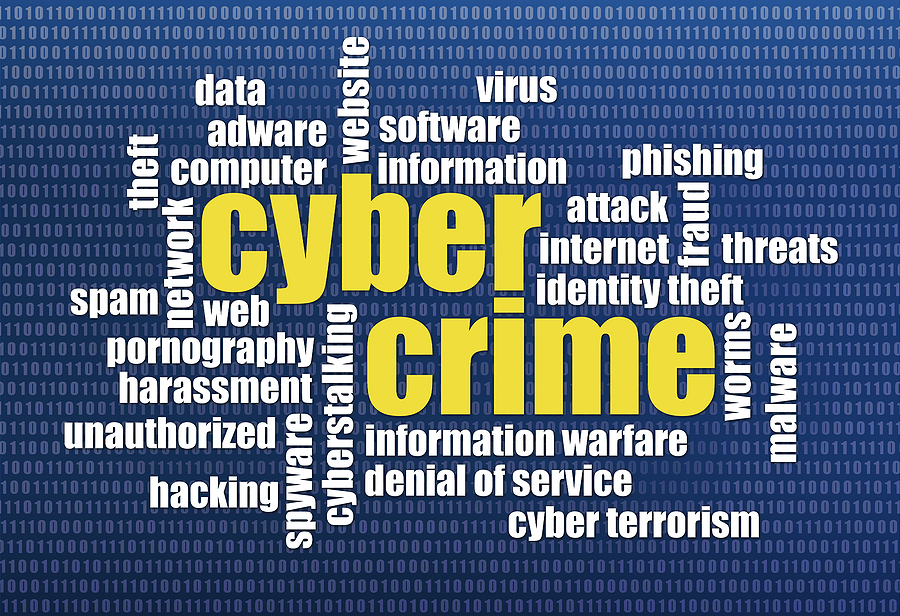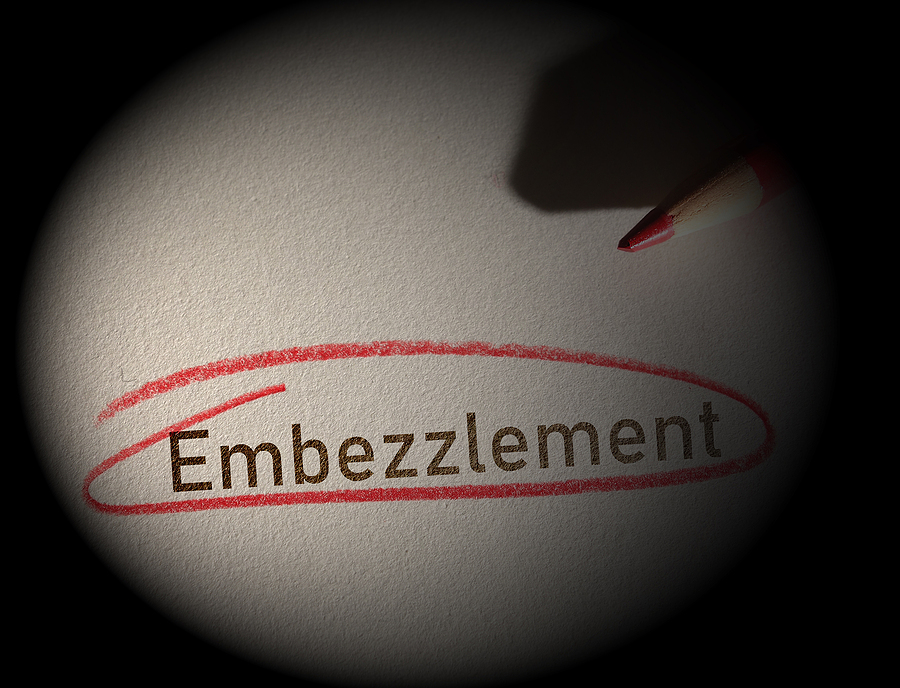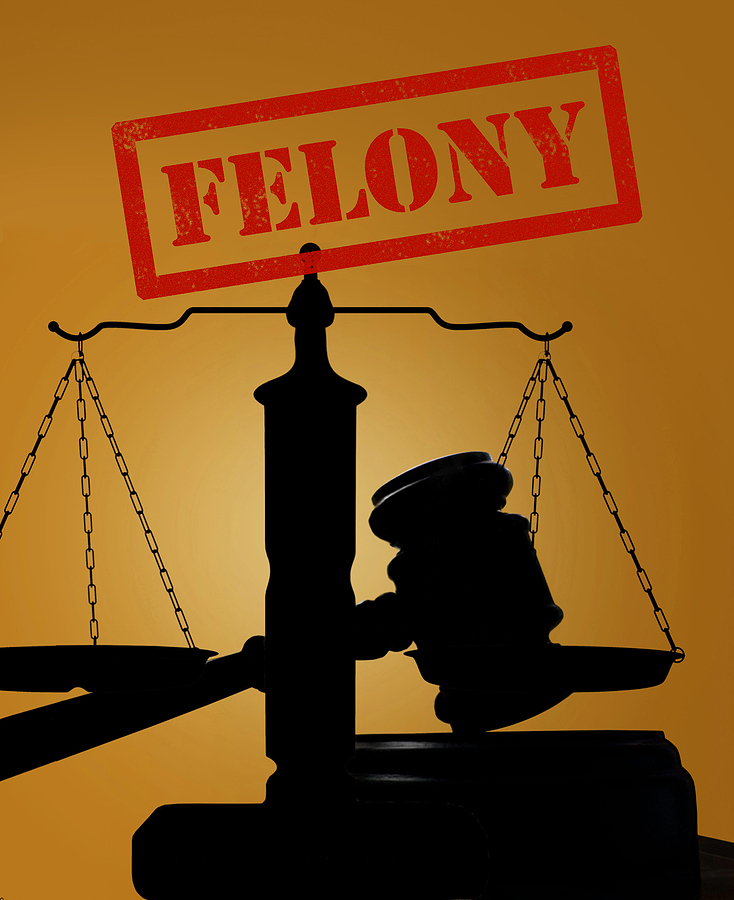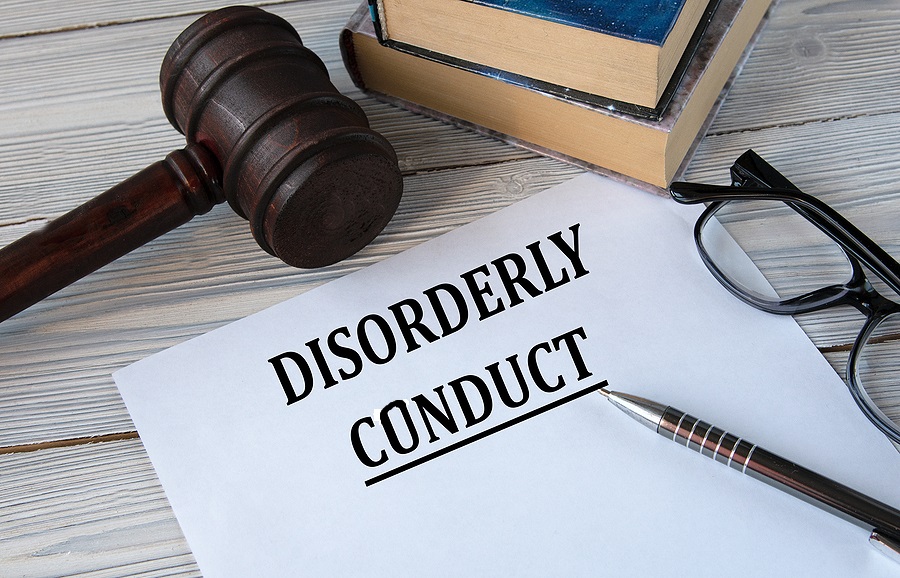Being arrested for a misdemeanor charge in Indiana can be a distressing experience, leaving you feeling overwhelmed and uncertain about your next steps. However, it’s crucial to understand that a misdemeanor offense, while serious, is not insurmountable. With the right approach, proper knowledge about your rights, and timely assistance from a competent criminal defense lawyer, you can navigate this challenging situation.
This blog aims to demystify misdemeanors in Indiana, outlining what you should do following an arrest and how to effectively protect your interests in these circumstances.
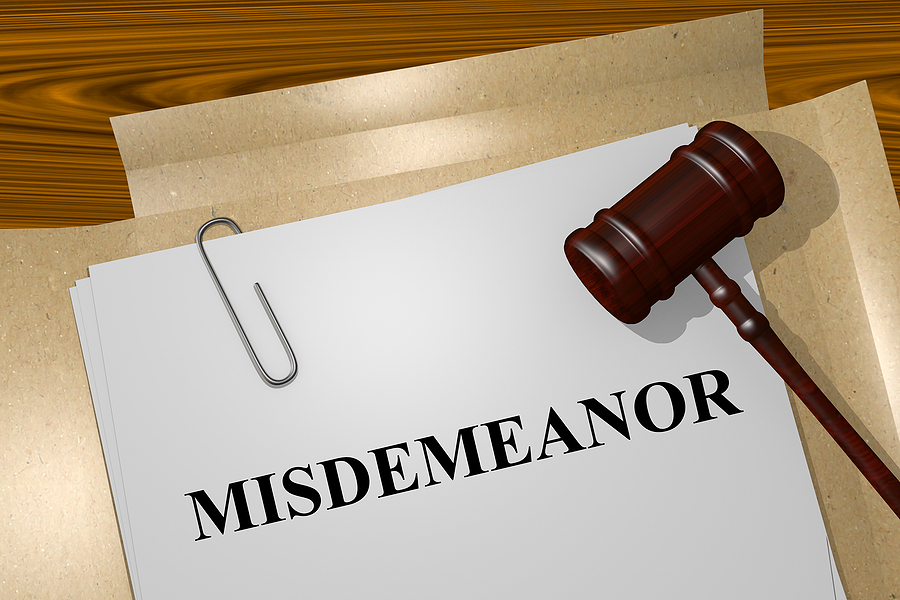
Understanding Misdemeanors in Indiana
A misdemeanor is a criminal offense that falls between an infraction and a felony on the severity scale. In Indiana, misdemeanors are classified into three classes: Class A, Class B, and Class C. The class of your misdemeanor charge depends on the type of crime committed and its corresponding penalty. Generally, Class A misdemeanors carry the most severe penalties, while Class C misdemeanors carry lesser consequences. Some common examples of misdemeanor offenses in Indiana include DUI, petty theft, public intoxication, disorderly conduct, and simple assault.
What to Do After Being Arrested for a Misdemeanor Offense
Stay Calm and Remain Silent
The first thing you should do after being arrested for a misdemeanor is to stay calm and remain silent. Anything you say or do can be used against you in court, so it’s best not to give any statements until you have legal representation.
Contact a Criminal Defense Lawyer
After an arrest, the police may interrogate you or even pressure you into making a statement. It’s crucial to remember that you have the right to an attorney, and it’s in your best interest to exercise this right. A competent criminal defense lawyer in Indianapolis can help you understand the misdemeanor charges against you and build a robust defense strategy.
Gather Information
While still at the scene of the arrest, try to gather as much information as possible for your case. Note down the names and badge numbers of the arresting officers, take pictures of any physical evidence, and ask for the contact information of any potential witnesses.
Understand Your Rights
As a person accused of a misdemeanor offense in Indiana, you have certain constitutional rights that protect you from unfair treatment. These include the right to remain silent, the right to legal representation, and the right to a speedy trial. Make sure you understand these rights and exercise them accordingly.
Appear in Court
After an arrest, you will be given a court date to appear and essentially “answer” to the charges against you. It’s essential to attend this hearing as failure to do so can result in additional charges and penalties.
Protecting Your Interests
A misdemeanor conviction can have lasting consequences on your life, including fines, probation, community service, and even jail time. To protect your interests and minimize the impact of a misdemeanor charge, it’s crucial to have a competent criminal defense attorney by your side. Your lawyer will examine the evidence against you, identify any procedural errors, and present a strong defense on your behalf.
Conclusion
Being arrested for a misdemeanor offense in Indiana is undoubtedly a stressful experience. However, by understanding your rights and taking the necessary steps after an arrest, you can effectively protect your interests and minimize the impact of these charges. Remember to stay calm, seek legal assistance, and exercise caution in all your actions. With dedication and a strong defense strategy, you can overcome this challenging situation. So, if you or someone you know is facing a misdemeanor charge in Indiana, don’t hesitate to reach out to a criminal defense lawyer for help. They can provide the guidance and support you need during this difficult time.
Don’t let a misdemeanor define you; take action and fight for your future. Contact Attorney David E. Lewis at 317-636-7514 for the strongest criminal defense in Indianapolis. We will get the best possible outcome for your criminal case!
Related Posts:
Crucial Steps to Take After Getting Arrested for a Felony in Indiana
What You Can Expect on Misdemeanor Probation
What To Do When You Have Been Charged With a Crime


